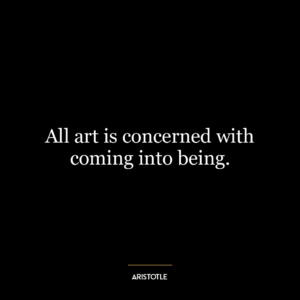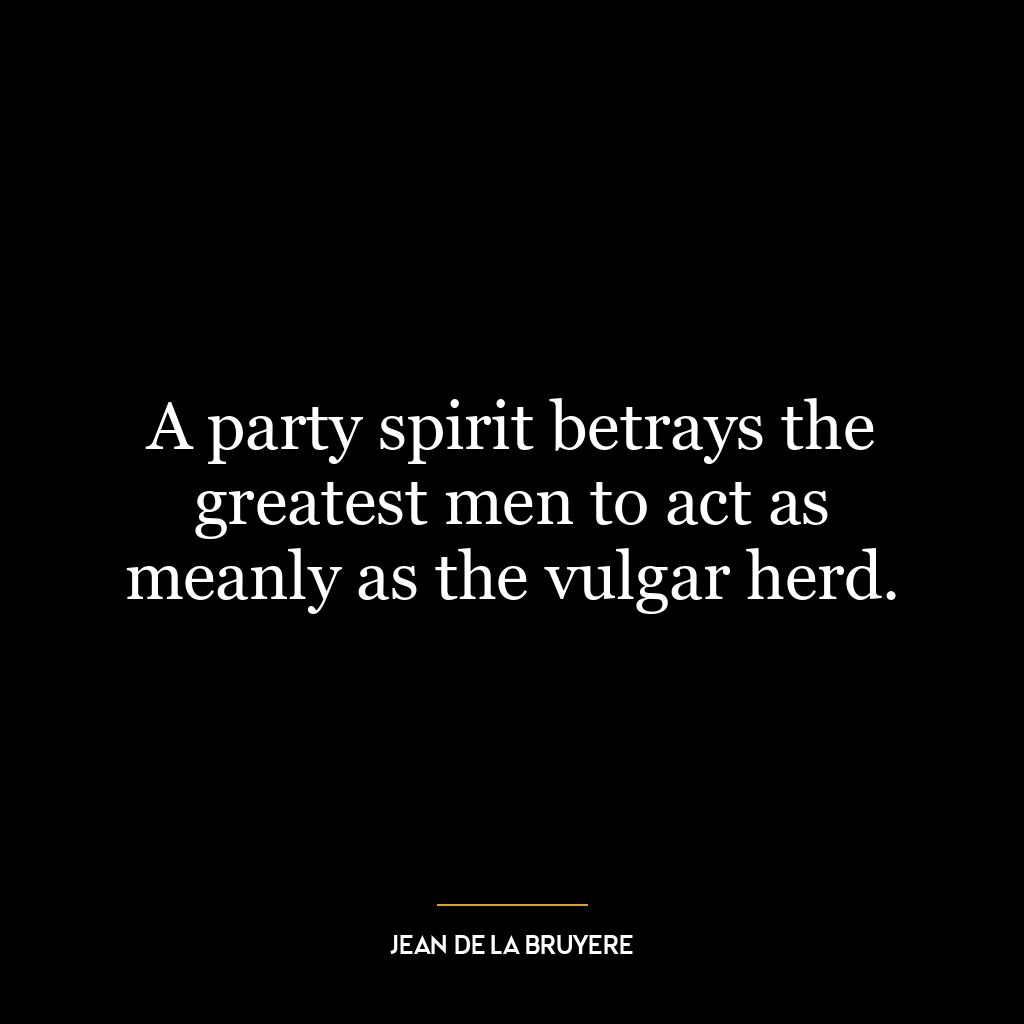This quote suggests that the qualities that define a good person and a good citizen can be different and even conflicting at times. A good person is typically characterized by qualities such as kindness, honesty, integrity, and compassion. These are universal virtues that are valued in any context, irrespective of the societal or political framework.
However, a good citizen, in the context of a specific society or political system, might be defined by their adherence to the laws and norms of that society, their participation in civic duties, and their contribution to the communal good. Sometimes, these societal norms and laws might not align with one’s personal principles or the universal virtues mentioned earlier.
For example, a law-abiding citizen might follow a law that is unjust because it’s their civic duty, but a good person might choose to protest or break that law because it goes against their personal principles of justice and fairness. Therefore, being a good citizen could mean compromising on being a good person, and vice versa.
In today’s world, this idea can be seen in many situations. For instance, whistleblowers often face a dilemma where they have to choose between being a good citizen, adhering to company policy or national law, and being a good person, standing up against corruption or injustice.
On a personal development level, this quote can serve as a reminder that it’s crucial to strike a balance between our responsibilities as citizens and our moral compass as individuals. It encourages us to question societal norms and laws and not follow them blindly if they conflict with our personal principles. It also reminds us that while being a good citizen is important, it should not come at the cost of our integrity and personal values.















